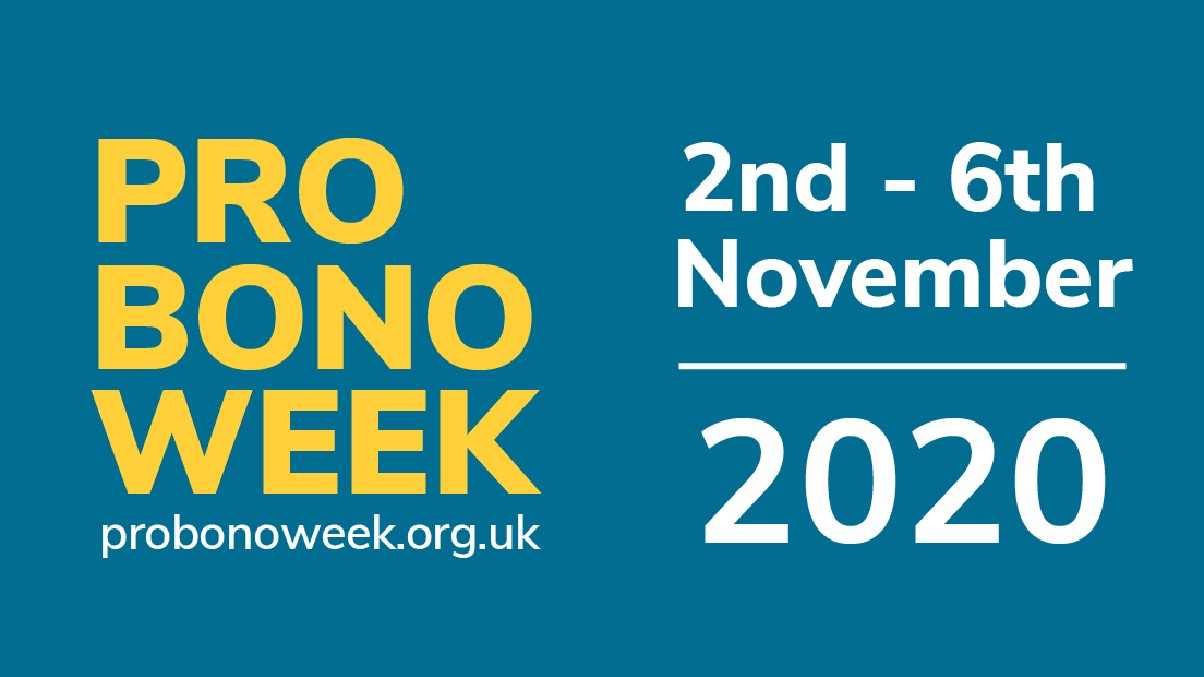More than 30 months since the first UK lockdown, thousands of Covid-19 business interruption (BI) claims remain outstanding. Many policyholders will be wondering what remedies are available to them for additional losses caused by delays in paying claims. Aaron Le Marquer examines whether they may now be assisted by the Financial Conduct Authority’s (FCAs) latest review on claims handling and its potential application to s13A of the Insurance Act 2015.
Background – the test case
Following the wholesale declinature of business interruption claims (estimated at 370,000) by the insurance market following the nationwide closure of hospitality, retail and other businesses, the FCA commenced a test case against eight insurers under the Financial Markets Test Case Scheme. The test case was heard on an expedited basis, concluding with the Supreme Court’s judgment in January 2021. The result of the test case was that the ‘disease clauses’ under consideration were largely found to respond to Covid-19 closures, whereas the ‘prevention of access’ clauses mostly did not.
Since the conclusion of the test case, further litigation has tested unresolved issues, including cover under ‘physical damage’ clauses (TKC v Allianz), further consideration of the prevention of access position (Policyholders v China Taiping, and Corbin & King v Axa), aggregation of losses (Stonegate v MS Amlin), and deduction of government support from claims payments (also Stonegate.) Litigation scheduled for later this year will test coverage under ‘at the premises’ disease clauses, which were not included in the original test case.
FCA guidance
During and since the test case, the FCA has closely supervised insurers’ conduct in (a) handling Covid-19 business interruption claims and (b) implementing the outcome of the test case and other litigation.
In a series of “Dear CEO” letters to insurers over the past two years, the FCA set out their expectations of insurers in handling BI claims, including instructions to:
- “stop the clock” on time limits applicable to claims pending the final resolution of the test case
- reassess policy coverage on an ongoing basis following the outcome of relevant litigation
- cover the costs of any further litigation required to determine outstanding issues, and
- treat customers fairly when proposing to make deductions from claims payment in respect of financial support received by the policyholder from the government.
The FCA has also required insurers to make regular reports on the numbers and value of Covid-19 business interruption claims settled and outstanding, and has made the claims data available on its website.
S13A Insurance Act 2015
Under s13A of the Insurance Act 2015 (s13A), it is an implied term of every insurance policy that the insurer must pay any sums due in respect of a claim within a reasonable time. Section 13A(5) provides that a breach of the implied term may give rise to a right to claim damages in addition to the value of the claim where the policyholder can prove that an unreasonable delay has caused them to suffer further loss. Section 13A(4) gives the insurer a defence to a claim for breach of the implied term where it had reasonable grounds for disputing the validity or quantum of a claim. However, the insurer’s conduct in relation to the dispute may still give rise to a breach.
There has only been a single reported case on the application of s13A. In Quadra Commodities v XL Insurance, the court found that:
- a reasonable time for payment was not more than about a year from the notice of loss
- there were reasonable (albeit mistaken) grounds for disputing the claim, and
- although there was some delay in certain aspects of the defendants’ investigations of the claim, those features of insurers’ handling of the claim still occurred within a reasonable time for payment.
There was, accordingly, no breach of the section 13A implied term in that case. However, given the negative findings of the court and the fact that the claim was made under a marine cargo policy for loss of grain stored in a Ukrainian warehouse, the judgment does not shed much light on the potential application of s13A to Covid-19 business interruption claims.
Any delay in paying a valid business interruption claim may inhibit the business from restarting fully or at all, prevent it from executing scheduled improvements or expansion plans that would have led to higher revenue or profits, or cause it to incur additional financing costs. It is, therefore, foreseeable that delays in paying such claims may cause further loss that may form the subject of a damages claim under s13A.
As so many Covid-19 business interruption claims remain unpaid more than two years after the losses were suffered and more than 18 months since the test case concluded, it seems only a matter of time before the issue will come before the court for consideration afresh. Any successful claim will require the policyholder to establish (i) that there has been an unreasonable delay by the insurer in paying its claim and (ii) that the delay has caused the policyholder to suffer further loss that is recoverable as damages.
FCA review
On 4 October 2022, the FCA published the findings from a review of business interruption claims handling intended to establish the extent to which BI claims were handled promptly and fairly. While the report identified several examples of good practice exhibited by some insurers, it also identified some key areas where insurers did not meet FCA expectations in accordance with insurers’ regulatory obligations to handle claims promptly and fairly and treat customers fairly under the Insurance Conduct of Business Sourcebook (ICOBS) 8.1.1R and PRIN 2.1.1R.
Some of those findings may be relevant to policyholders’ rights under s13A, including the following:
- firms did not create effective management information to identify where delays were occurring in the claims journey, resulting in some customers suffering harm in not receiving interim or final settlements in a reasonable time frame
- some firms did not have records of policy wordings that were easily accessible for claims handlers, which resulted in delays for customers
- firms did not adequately identify vulnerable customers to avoid causing foreseeable harm, and
- customers experienced unnecessary delays in the handling of their claims due to the claims service provided by firms. Customer delays were made worse by operational, technological and oversight issues throughout the claims journey.
The findings of the FCA review may therefore support arguments advanced by policyholders that insurers’ delays in paying their Covid-19 BI claims are unreasonable for the purposes of s13A.
Comment
S13A of the Insurance Act 2015 has been ripe for testing since it became effective in 2017. The Quadra v XL case went some way to achieving that goal but is of limited assistance given the negative outcome for the policyholder. Insurers routinely dismiss any purported claim under s13A on the basis that delays are not unreasonable (often relying on the mere existence of a dispute as “reasonable grounds”). The FCA’s recent findings may change the position in some cases where undisputed claims remain unpaid or an insurer’s conduct in relation to a disputed claim falls below the policyholder’s (or the FCA’s) reasonable expectations.
In the Covid-19 business interruption context, it is foreseeable that many small (and indeed large) businesses will suffer additional losses due to their claims remaining unpaid. In light of the FCA’s findings of ‘unreasonable delay’, the conditions for a successful s13A claim may finally have been met.
Policyholders whose Covid-19 business interruption claims remain pending (whether disputed or not) should use the findings of the FCA’s review to encourage insurers to pay without further delay. At the same time, they should consider whether they have suffered any additional losses due to not receiving their claim payment earlier. In the meantime, rights to pursue a claim against insurers under s13A should be reserved.
Covid-19 Business Interruption Litigation Update Webinar – Stonegate and Beyond
On 8 December 2022, Aaron Le Marquer and James Breese presented a webinar on Lexology looking at Covid-19 business interruption decisions in England and Wales following the conclusion of the FCA test case, as well as identifying upcoming litigation intended to address outstanding issues. You can watch a recording of the webinar in full here.
You can find further information regarding our expertise, experience and team on our Policyholder Disputes pages.
If you require assistance from our team, please contact us.
Subscribe – In order to receive our news straight to your inbox, subscribe here. Our newsletters are sent no more than once a month.




